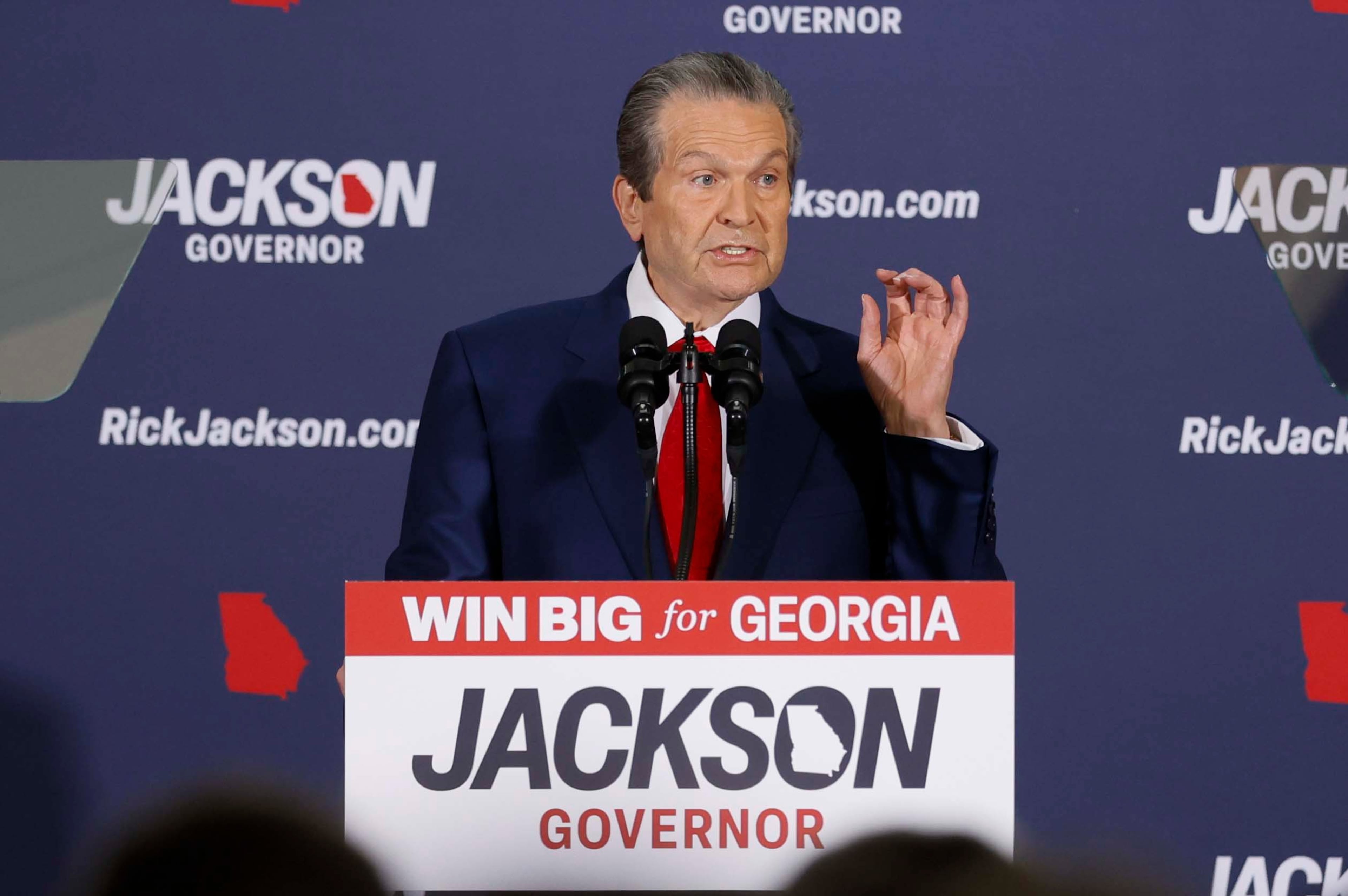Judge loosens requirements for third-party candidates in Georgia

A federal judge has reduced the number of signatures third-party candidates need to collect before their names can appear on Georgia ballots in November, citing the difficulties candidates face during the coronavirus pandemic.
U.S. District Judge Eleanor Ross on Thursday ordered the secretary of state’s office to accept 30% fewer signatures from Libertarian Party, Green Party and other third-party candidates.
The ruling provides an accommodation to candidates who couldn't go door-to-door collecting signatures because of social distancing requirements, especially during the period when Gov. Brian Kemp ordered Georgians to shelter in place.
“No one can debate that conditions throughout the state, country and world are anything but normal,” Ross wrote. “Because of the ongoing pandemic and the subsequent restrictions on social interactions, plaintiffs could not, and in many ways still cannot, gather signatures in the same safe and reasonable manner as they could during more typical times.”
Georgia has some of the most restrictive laws in the nation for third-party candidates. Those running for the U.S. House and other non-statewide offices must submit a petition with signatures from 5% of the number of registered voters in the district.
No third-party candidate for the U.S. House has ever satisfied the 5% requirement since it was adopted in Georgia in 1943.
The ruling could help 30 to 40 candidates gather enough signatures before an Aug. 14 deadline, said Bryan Sells, an attorney for the plaintiffs, Libertarian Party nominee Martin Cowen and Green Party nominee Jimmy Cooper III, both of whom are seeking U.S. House seats.
“They’ll at least have a better shot than they would have otherwise because of all the time lost,” Sells said. “We’re grateful that the court saw fit it was not appropriate to require the full number of signatures when petitioning was unlawful for so long because of the governor’s shelter-in-place order.”
Under the judge’s order, Cowen would still have to collect at least 17,152 signatures to run in the 13th Congressional District, and Cooper would need over 14,503 to run in the 8th Congressional District. Candidates running for local offices with fewer registered voters face a lower number of signatures required to get on the ballot.
Candidates had to declare their intent to run for office in March, so no new candidates can start their campaigns at this point.
The secretary of state’s office in May had proposed the 30% reduction in signatures for third-party candidates.
“While it was not something the secretary had the legal authority to do on his own, we think it’s a fair result,” said Walter Jones, a spokesman for Secretary of State Brad Raffensperger. “We are taking steps to notify federal and state third-party and independent candidates, as well as notifying counties so that they can notify local candidates.”



